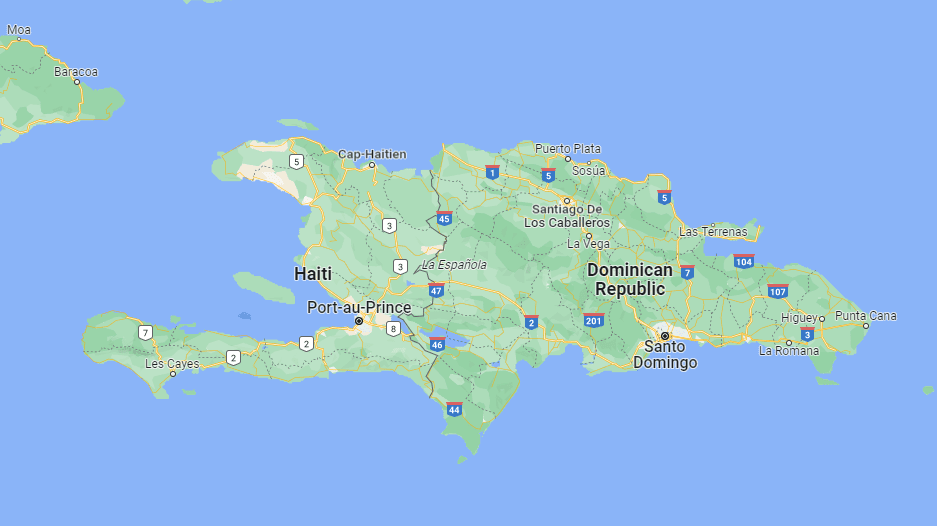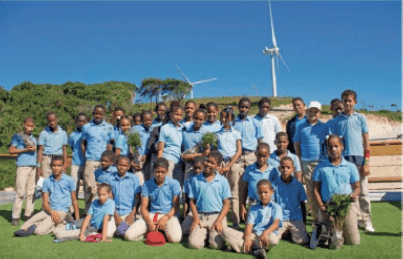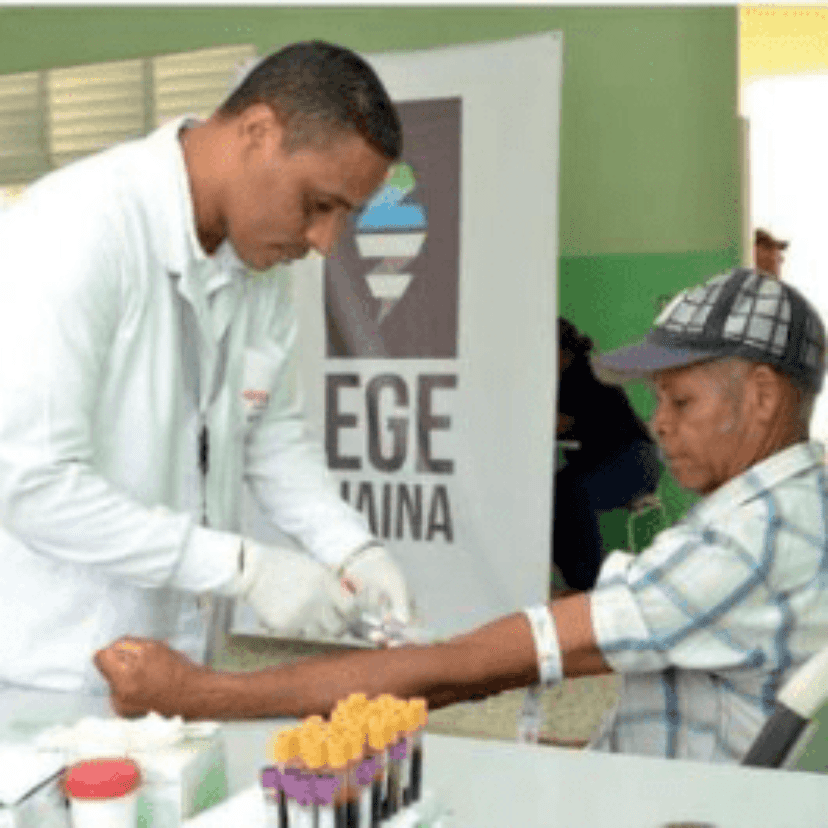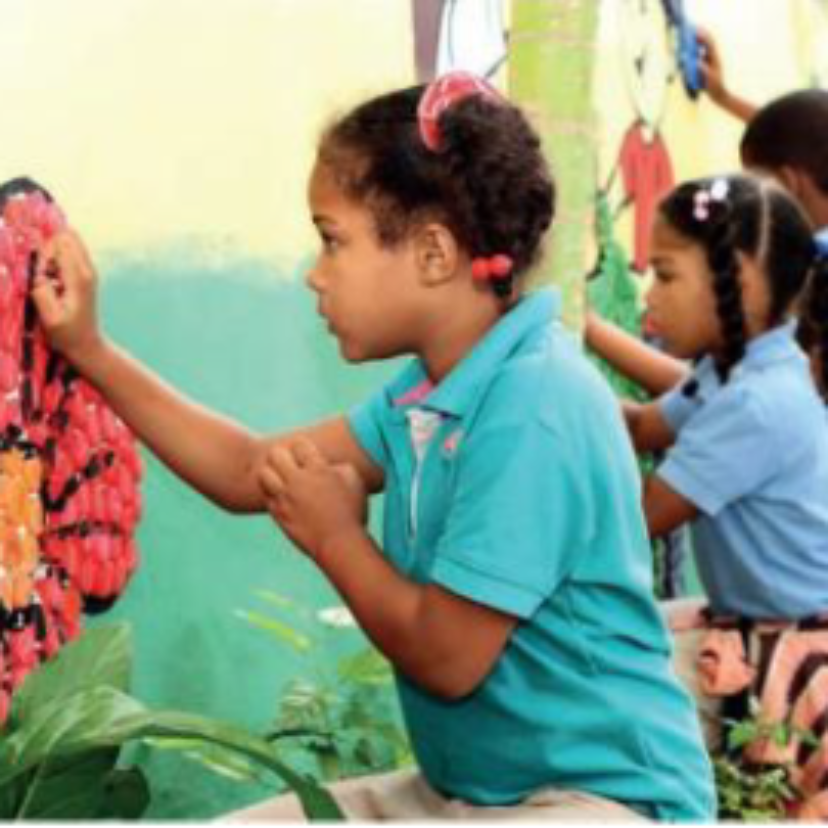The 97.8-megawatt (MW) Larimar Wind Project is a clean energy project located on the Caribbean coast of the Dominican Republic, in the Barahona Province. The project consists of 29 Vestas wind turbines, each with a capacity of 3.3 to 3.45 MW. These turbines harness the wind’s power to generate clean electricity for the country’s National Interconnected Electrical System. Construction of the project began in 2015, and it not only helps to reduce the Dominican Republic’s reliance on fossil fuels but also prevents the annual release of thousands of tons of CO2 emissions.
Benefits: Climate & Environment
The Larimar Wind Project plays a crucial role in reducing greenhouse gas emissions in the Dominican Republic. Here’s how we can understand its impact:
- Understanding the emission factor: Imagine the national grid relies solely on fossil fuel power plants. Every MWh of electricity generated by these plants would release an estimated 0.7173 tCO2e of greenhouse gases into the atmosphere. These gases trap heat, contributing to climate change. The Larimar Project displaces this reliance on fossil fuels by generating clean wind energy that effectively avoids these emissions.
- The project’s lifetime impact: The project’s crediting period, spanning May 2017 to May 2027, provides a 10-year window during which it can claim emission reduction credits. The recent performance report (September 2023) confirms its success in achieving verified emission reductions of 700 tonnes of CO2e between November 1st, 2021, and November 30th, 2022. This translates to a significant reduction in greenhouse gases over the verification period.
The project’s positive impact extends beyond just CO2 reduction. Here’s how it promotes a cleaner environment:
- Reduced air pollution: Fossil fuel combustion releases harmful pollutants like sulphur oxides (SO), nitrogen oxides (NO), carbon monoxide (CO), and particulate matter. The Larimar Wind Project helps to significantly reduce these pollutants, leading to cleaner air and improved public health.
- Sustainable energy future: The project promotes a more sustainable energy future for the country. It reduces dependence on finite fossil fuel resources and promotes a cleaner energy mix for the grid.
- Meeting climate goals: The Larimar Project contributes to the country’s commitment under international agreements like the Kyoto Protocol and Paris Agreement to increase renewable energy use. This helps combat climate change and ensures a more sustainable future.
Benefits: Social & Economic
The Larimar Wind Project isn’t just about clean energy; it’s also committed to social development in the surrounding communities. Project owner EGE Haina has invested over $5 million in social initiatives that directly benefit 12 communities around the wind farms. Here’s a look at some of these impactful contributions:
- Powering local agriculture: The project directly supports local producers by covering the electricity costs associated with their irrigation pumps. This ensures access to reliable power, a critical component for efficient and sustainable agricultural practices.
- Empowering education: The project partners with local schools to provide educational resources and potentially improve facilities. This fosters a positive learning environment for future generations within the communities.
- Building skills for the future: Income generation training programs are offered for the local population, equipping participants with valuable skills and knowledge to enhance their employability and economic opportunities.
- Promoting health and wellbeing: The project also supports initiatives that promote health and sports activities in the communities.
By investing in these social development projects, the project demonstrates a commitment to the well-being of the communities around the Larimar Wind Project. These initiatives create a positive and sustainable impact that extends beyond clean energy generation.






